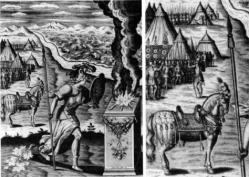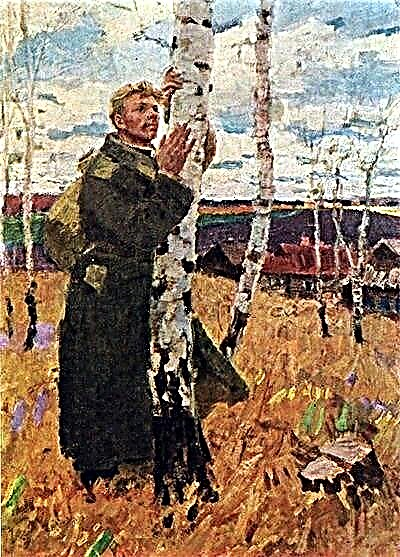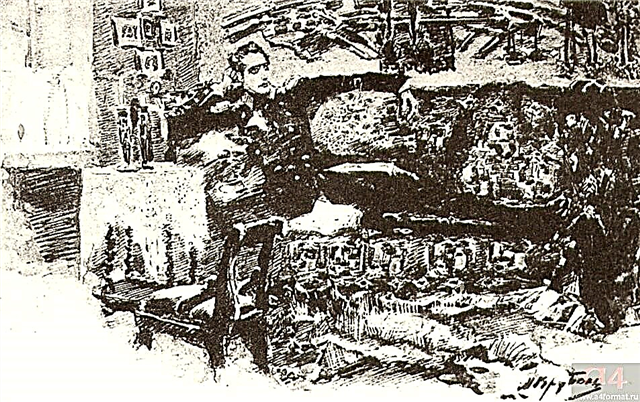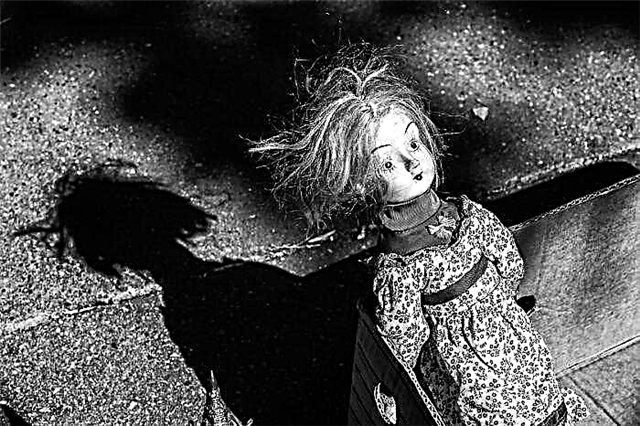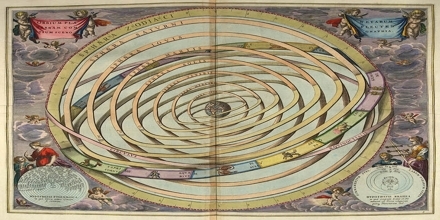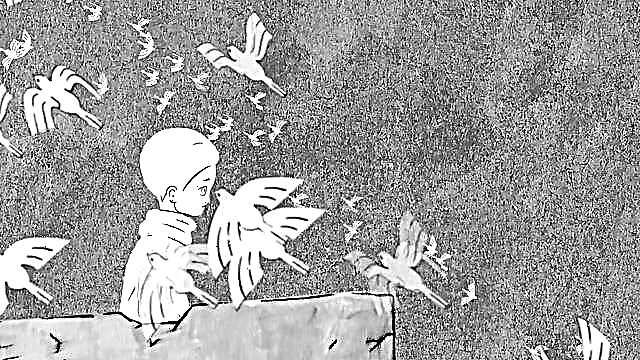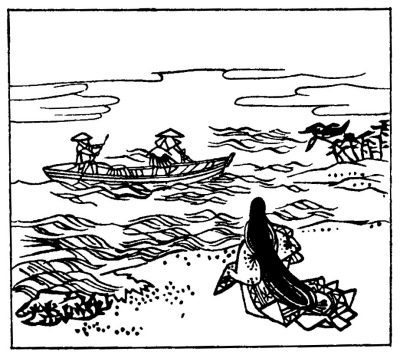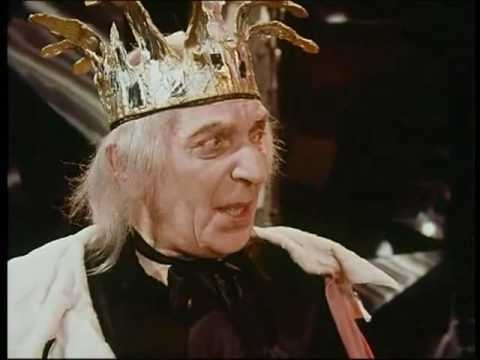People could never coexist if there were no moral bonds that unite the most diverse representatives of the human race. The same idea was expressed in his own way by the writer F.M. Dostoevsky, speaking of the creative principles on which the social system is based. I agree with him, since morality is the basis of human society. We all still live in the world only because of its healing effect on the minds.
Often people are united by the danger hanging over their homeland. If people protect their homes, relatives and friends, then they are ready to overcome the almost impossible to defeat the enemy. This “popular thought” is reflected in the epic novel of L.N. Tolstoy "War and Peace." Why didn’t the participation of Russian soldiers in anti-French coalitions lead to anything? Everything is simple - distant Europe and its fate are indifferent to our compatriots. Another thing is when the enemy came to your land, where forests, fields, rivers, familiar from childhood, and destroys all this! The fateful Borodino battle gathered all the forces of the army. Beloved heroes of Tolstoy (Andrei Bolkonsky, Pierre Bezukhov), close to the people, feel the significance of the event and participate in it, giving it all the strength. The soldiers even abandon the front hundred grams, because "such a day." Victory is a nationwide cause, which is why it took place. And if there weren’t a moral quality in the hearts of people - patriotism? They would not have gone to war for Russia, and now there would have been neither our country, nor our society. That is, it is the Russian people from century to century built up by moral principles.
We turn to the story of N.V. Gogol “Taras Bulba”. Everyone remembers the act of the youngest son of Taras Bulba - Andria. The young man betrayed his homeland because of his love for the Polish panel. He made an informed choice and decided to forget about his father and brother, taking care only of his own well-being. His betrayal cannot be justified even by love. Perhaps, it will seem unfair to someone that Andria was killed by his own father. But the proud and resolute Taras Bulba would not have been able to endure such a shame otherwise, because he put all his strength into the creation of the Cossack people, who have unshakable moral foundations: camaraderie, patriotism, courage, honor. His son trampled all this, casting doubt on the moral correctness of the Cossacks. Others could hesitate in their attitudes. The chieftain could not allow this, because for Taras moral principles are not an empty phrase. For the sake of all his companions in spirit, he kills a blood relative to prove to his followers the correctness and immutability of the moral foundations of the Cossacks.
Thus, Dostoevsky wanted to say that the existence of a society is impossible without moral foundations: patriotism, honor, conscience, etc. It is they who unite people in one whole, in a force capable of making history.

